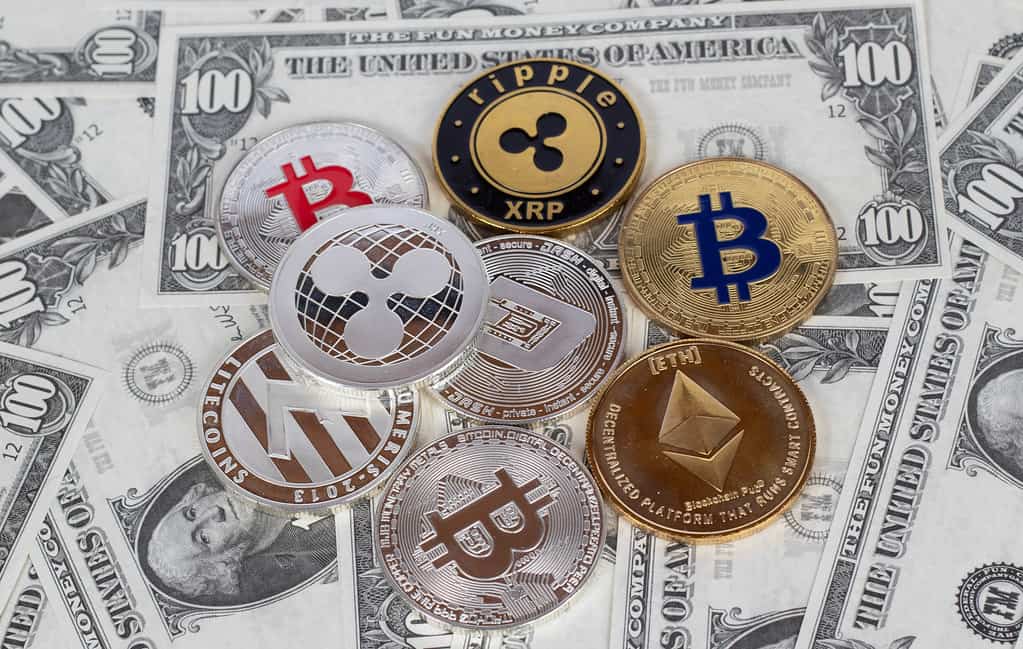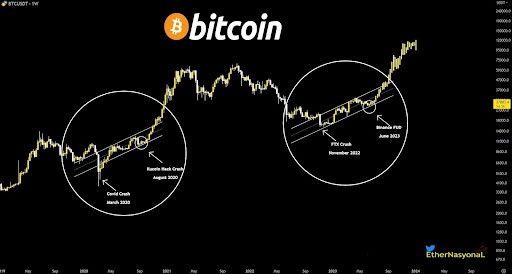Another country from the Central American region is showing high interest in Bitcoin and cryptocurrencies. This time it is Panama, which will allow its citizens to transact with them and also pay taxes.
The bill passed
On Thursday, April 28, lawmakers in Panama’s National Assembly approved a bill aimed at the use and commercialization of crypto projects within the country.
As one member of the Assembly, Gabriel Silva, argues:
“This bill aims to make Panama the center of technological innovation in Latin America.”
There’s even more to learn from the bill itself. The legal changes are thus intended to:
“The use of distributed ledger and blockchain technologies in digitizing the identity of natural and legal persons in or from the Republic of Panama and as a means to make public functions transparent.”
The National Assembly of Panama passed the bill with 32 votes in favor, only two abstentions and no one against. It has been forwarded to the desk of President Laurentino Cortizo, who will likely sign it in the next few days.
Panama’s position in the financial and crypto markets
Panama is a country where many crypto projects are developing. The new law has the right to accelerate their development and also cause an influx of new startups. Lawmakers there want to make the state the largest financial district locally. It has long been known in the markets as a tax haven where many people amass their wealth. Experts in this very space warn that the new regulations will perpetuate Panama in this very image.
The introduction of a law on cryptocurrencies, is first and foremost a benefit for the people of the country. Despite Panama’s interesting position in the financial world, locally only 25% of citizens have bank accounts. Internet access is much more widespread, making the introduction of cryptocurrencies into formal circulation seem like a natural move. Not only will Panamanians be able to conduct their daily transactions using virtual coins, but they will also be able to pay their taxes. As a result, Panama’s position on global markets may continue to strengthen.



























